Dijon mustard is a staple ingredient in so many delicious recipes, from a wide variety of cuisines. Known for its rounded, acidic flavor, dijon mustard is a pantry staple. If you ever find yourself running low or are looking for other ways to brighten up your recipes, these substitutes for Dijon mustard have you covered.

Why is Dijon Mustard so Popular?
- Acid: Dijon is used in many recipes like homemade potato salad, grilled caesar chicken, or Cajun turkey breast, to add a subtle acid flavor. It is not quite as powerful as plain vinegar, but it plays well as a background note in sauces, marinades, salad dressings, or vinaigrettes.
- Emulsifier: Dijon mustard is the most common type of mustard addition to homemade vinaigrettes and dressings as an emulsifier. This means that the mustard brings oil and vinegar together into a homogenous mixture with a creamy consistency.
- Shelf life: One of the great things is that mustard keeps well in the fridge for a longer period. The flavor stays pungent and bright, which makes for a great instant flavor enhancer whenever you need it.
Mustards
Whole-Grain Mustard
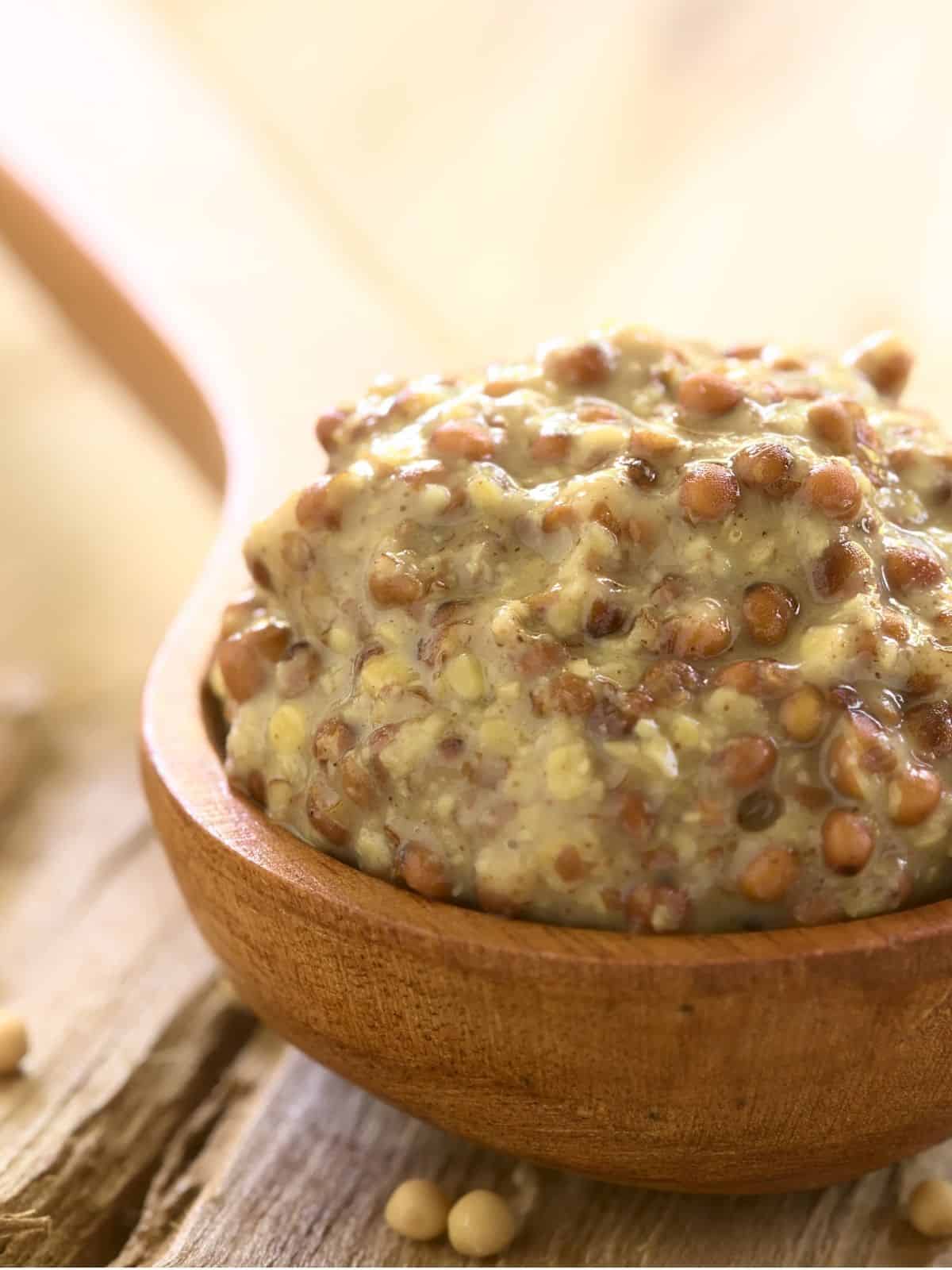
- Whole grain mustard is the best substitute for Dijon mustard because of the similarity of flavor and tangy flavor. German mustard is also a form of grainy mustard.
- The key difference between the two mustards is the coarser texture.
- Dijon mustard blends easily into smooth sauces because it is ground into a paste, whereas whole-grain mustard does have some pops of texture from the seeds. Despite the textural difference, whole-grain mustard is still a suitable substitute in various recipes.
Stone Ground Mustard Powder
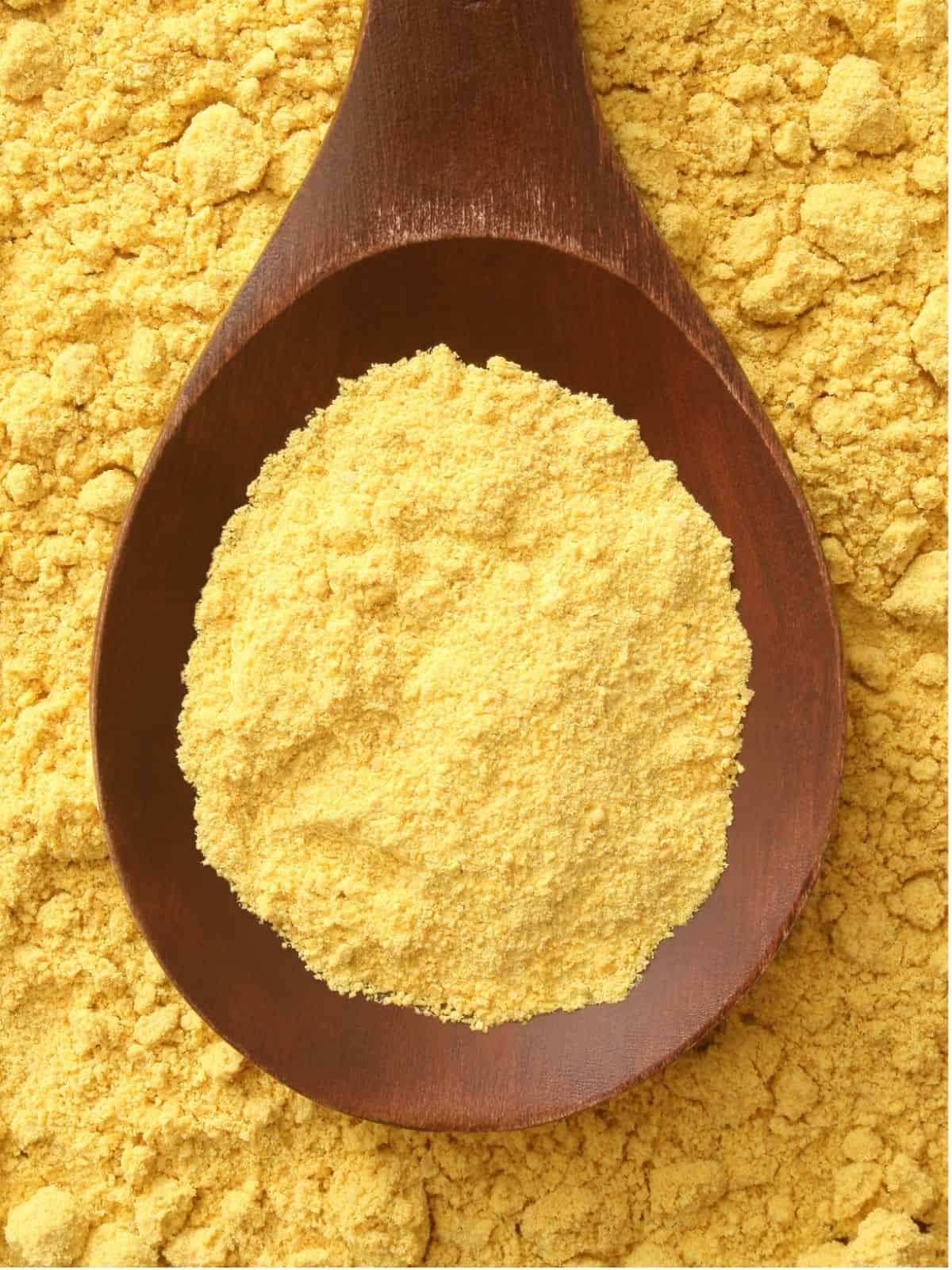
- Dry mustard powder can be used instead, keeping the same creamy texture as it is made from ground mustard seeds.
- Mustard powder can be reconstituted with water to form a paste similar to Dijon mustard which makes it a good substitute.
- Stone-ground mustard is slightly less acidic than prepared mustard because jarred mustard has added vinegar. Overall, it does have a similar flavor profile to the taste of dijon.
- Keep in mind that stone-ground mustard is like any other spice, and will lose its potent flavor over time and will have a mild flavor if you have had it in your pantry for too long.
- If your personal preference is to replicate the same pale yellow color, the mustard powder will be an excellent substitute.
Spicy Brown Mustard
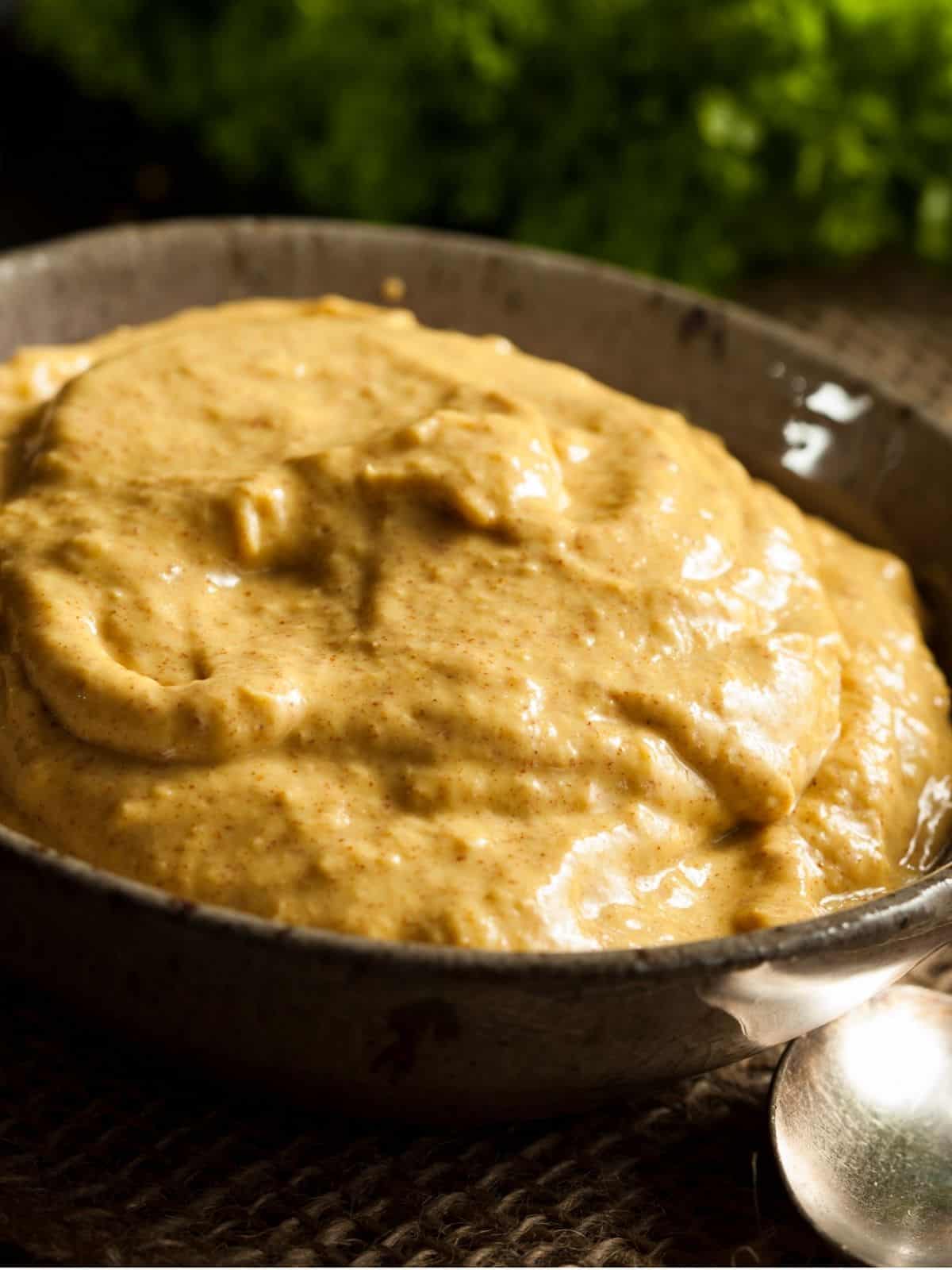
- As the name suggests, spicy brown mustard (also known as creole mustard or deli mustard) has more of a kick and strong flavor than Dijon.
- Brown mustard uses less vinegar and more brown mustard seeds as the main ingredients.
- If using spicy mustard instead of dijon, you will want to use slightly less. If used with restraint, spicy brown mustard is a great option for a dijon substitute.
- Most recipes that call for dijon mustard are not meant to have an overly spicy flavor or punchiness, so you do not want to overpower the recipe.
Hot English Mustard

- Hot English mustard uses two types of mustard seeds (brown & white).
- The two types of mustard seeds combined with vinegar form a spicier product that has a unique flavor profile.
- Much like spicy brown mustard, you will want to use much less in your recipe in place of dijon mustard.
- Also, be mindful that this mustard has a bright, distinct color that can alter your final product.
Honey Mustard
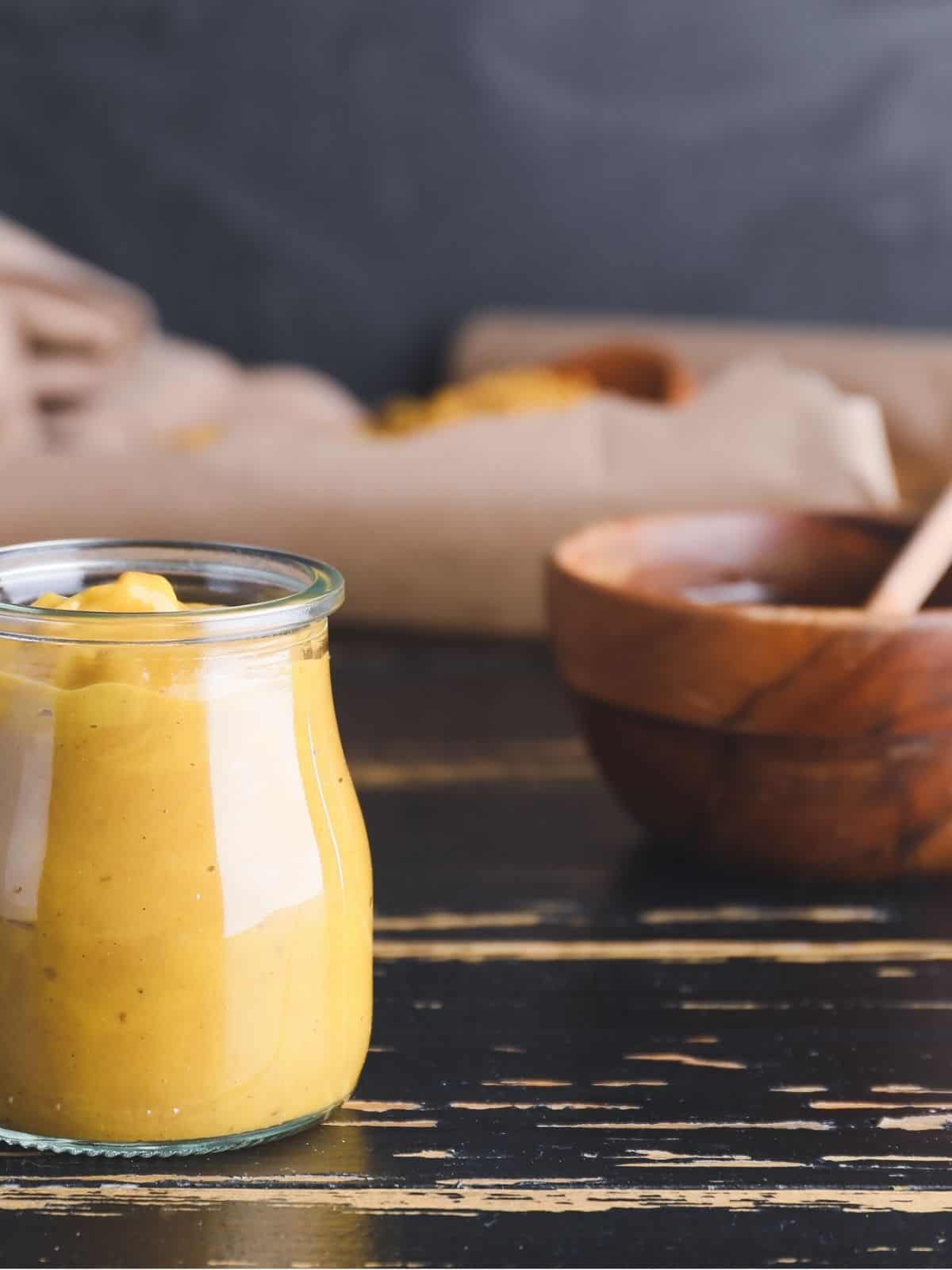
- Honey mustard is exactly what the name suggests - dijon mustard mixed with honey.
- This makes honey mustard a great alternative for dijon.
- Be mindful that the sweetness in honey mustard tones down the acid and has a milder flavor than what we usually look for in Dijon mustard, as there is less vinegar.
- This means you will get some mustard flavor, but not necessarily the brightness of Dijon mustard.
Whole Mustard Seeds

- Whole mustard seeds on their own are not the best substitute for Dijon.
- If using whole mustard seeds, whether yellow mustard seeds or black mustard seeds, you will want to reconstitute them in some water and vinegar.
- This process is almost like making your homemade whole-grain mustard.
- Because mustard seeds require prep work, it is quicker and more convenient to use a prepared mustard that you already have on hand.
Vinegars
White Wine Vinegar

- White wine vinegar is made by fermenting white wine.
- The fermentation process makes this vinegar a little more complex than standard white vinegar.
- White wine vinegar is a great substitute for dijon mustard as it is not overwhelmingly sour.
- Be mindful that vinegar can only replace the acidic element of mustard, not the taste or emulsifying texture.
Apple Cider Vinegar

- Apple cider vinegar is on par with regular white vinegar in terms of acidity.
- The key difference between apple cider vinegar and white vinegar is the subtle fruitiness of apples.
- Much like white wine vinegar, this will only substitute the acid of dijon mustard.
- Because apple cider vinegar has a lot of zing, you will only need a small splash to get the flavor you want.
White Vinegar
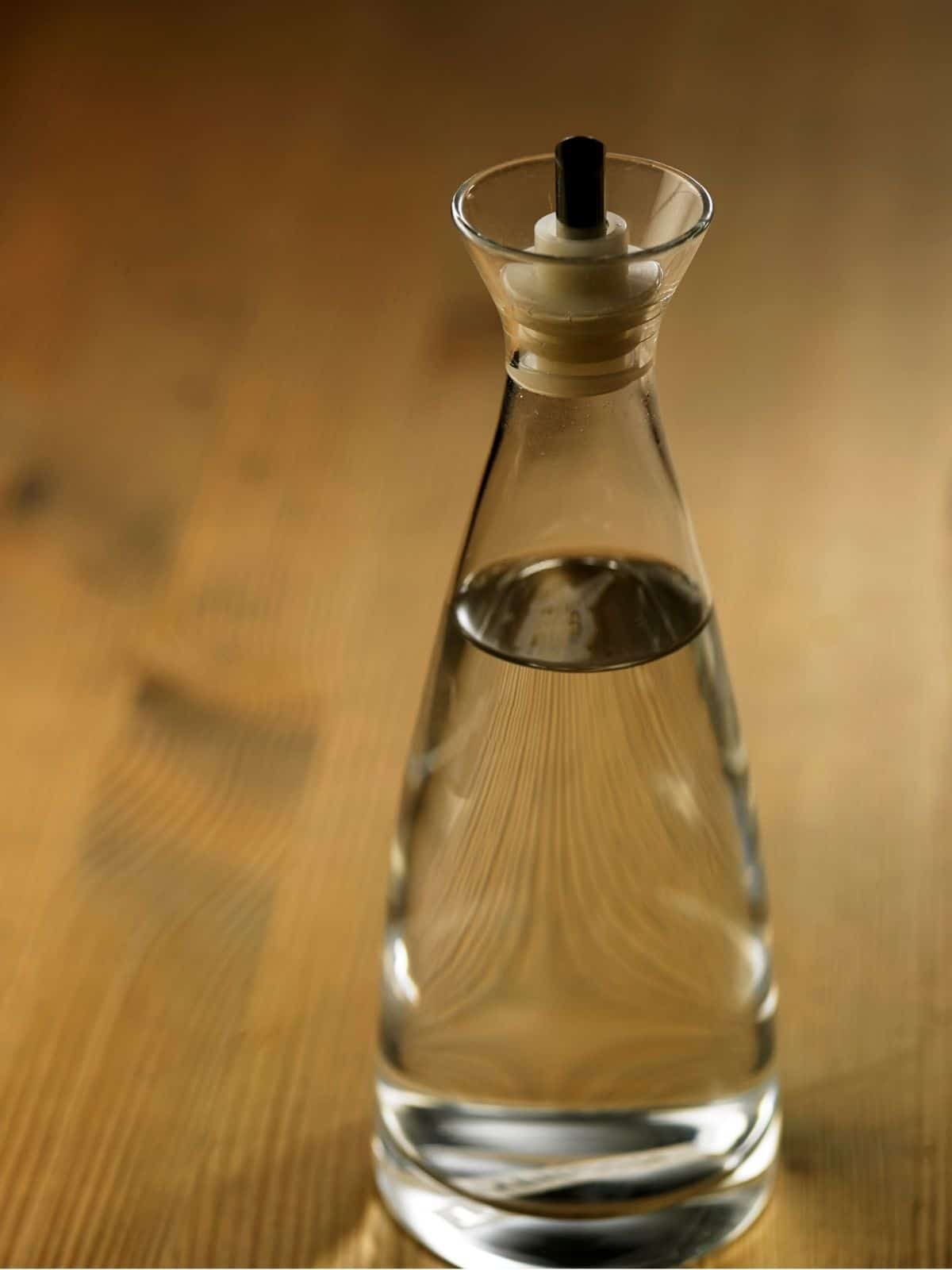
- White vinegar is the most acidic and one-noted substitute to use.
- White vinegar lacks the complexity that dijon or other mustards have.
- If you are looking for a splash of sour to balance out the flavors in your recipe, you can use a tiny splash of white vinegar.
- White vinegar works well in most cases because it can be found in almost every pantry.
Other Sauces & Ingredients
Worcestershire Sauce
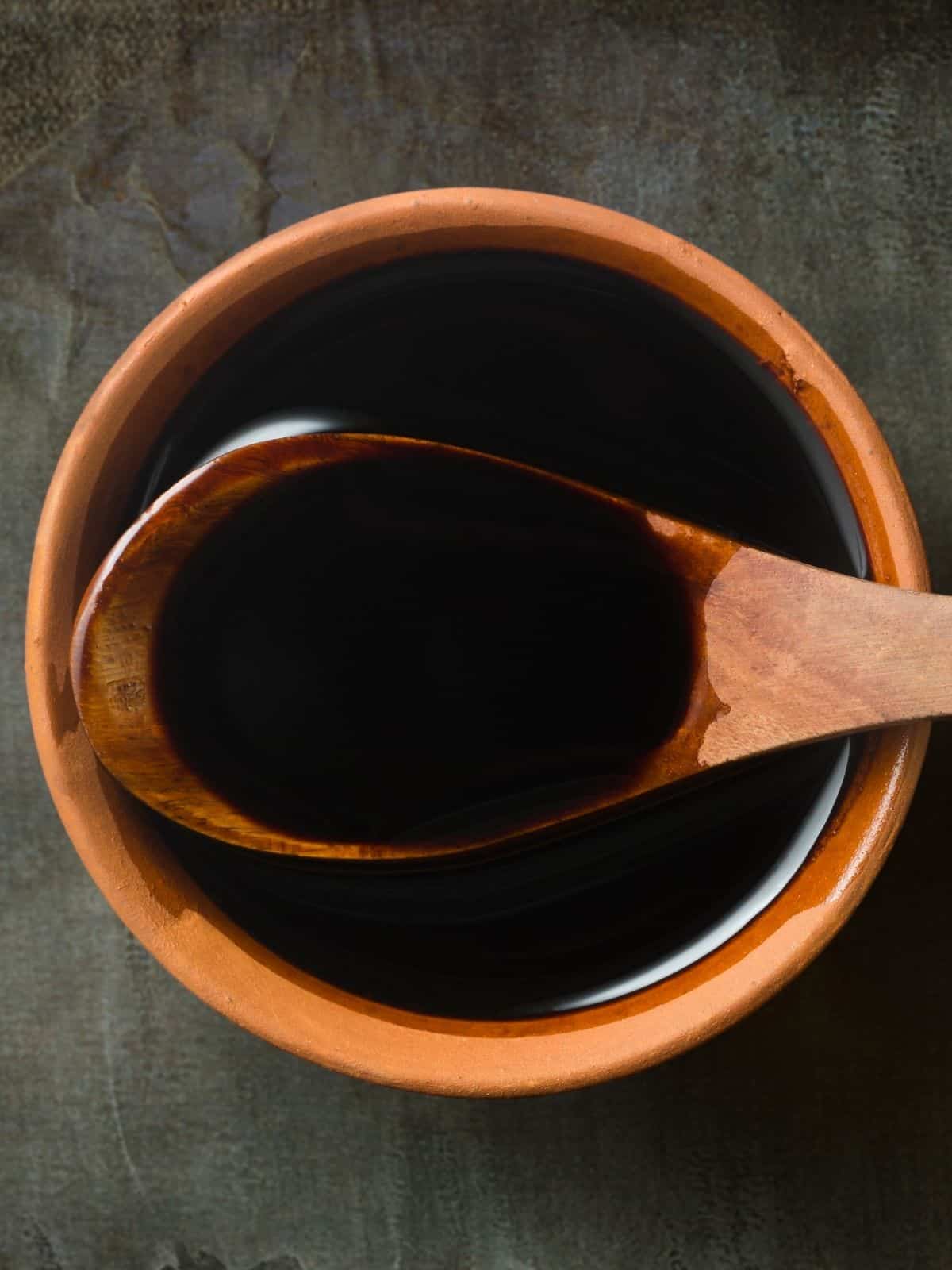
- Worcestershire sauce is a great multi-use sauce, because of its depth of flavor and umami.
- This sauce is not overly acidic like mustard, so it is not exactly a "like" substitute.
- Worcestershire sauce will add more complexity to the dish if you feel it is missing something.
Prepared Horseradish

- Prepared horseradish is a great substitute for mustard because it adds some sharpness and acidity.
- Horseradish sauce is not as smooth or unnoticeable as prepared mustard, but the change in texture is minimal.
- Horseradish is more on par with spicy brown mustard or hot English mustard, so keep this in mind when adjusting the quantity.
Fresh Lemon Juice

- The best source of bright, acid is a fresh lemon.
- If you find yourself needing the complexity and acidity of mustard, a light squeeze of lemon juice will help.
- The citrus notes of lemon add some fruitiness and sweetness, which can replicate mellow mustards.


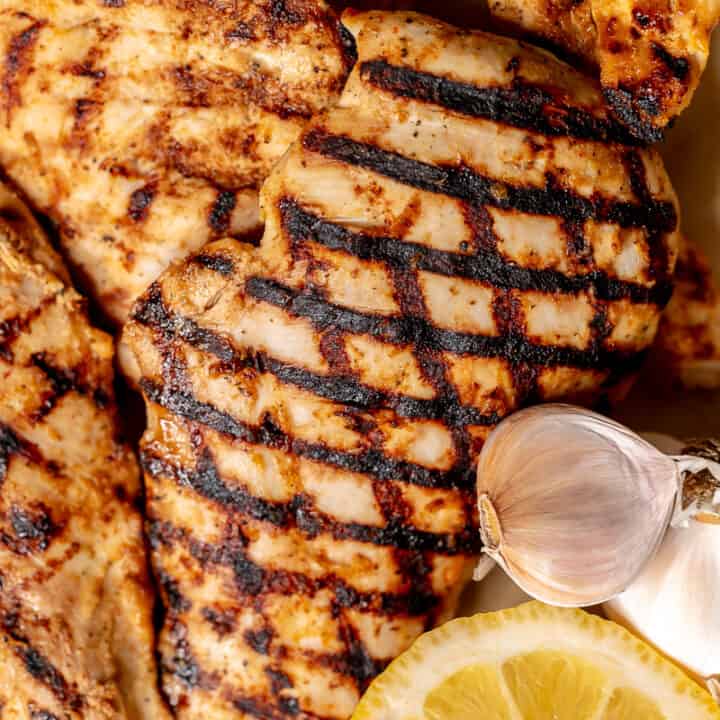
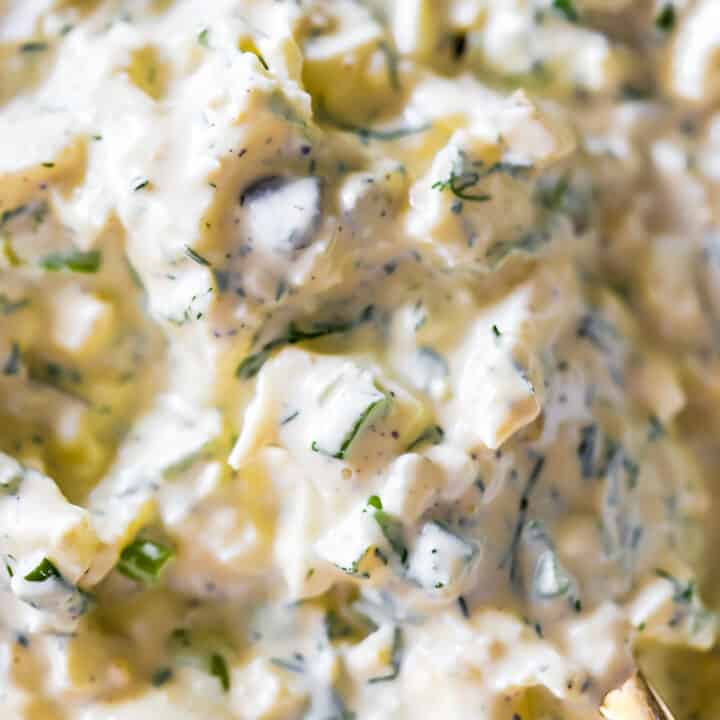
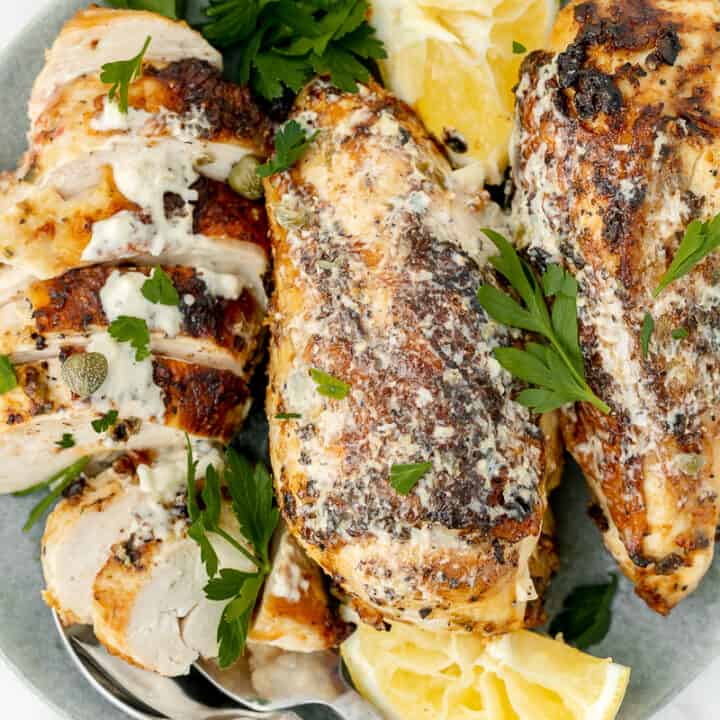
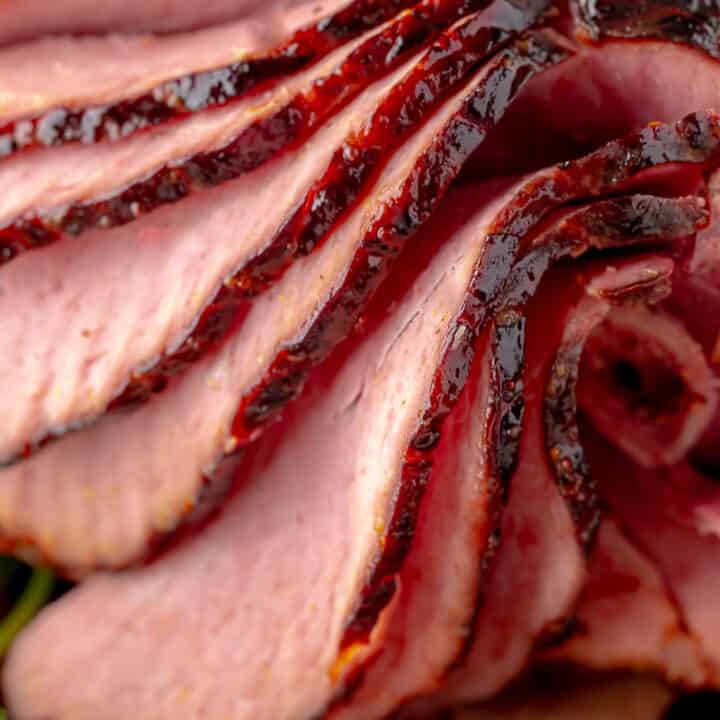
Comments
No Comments